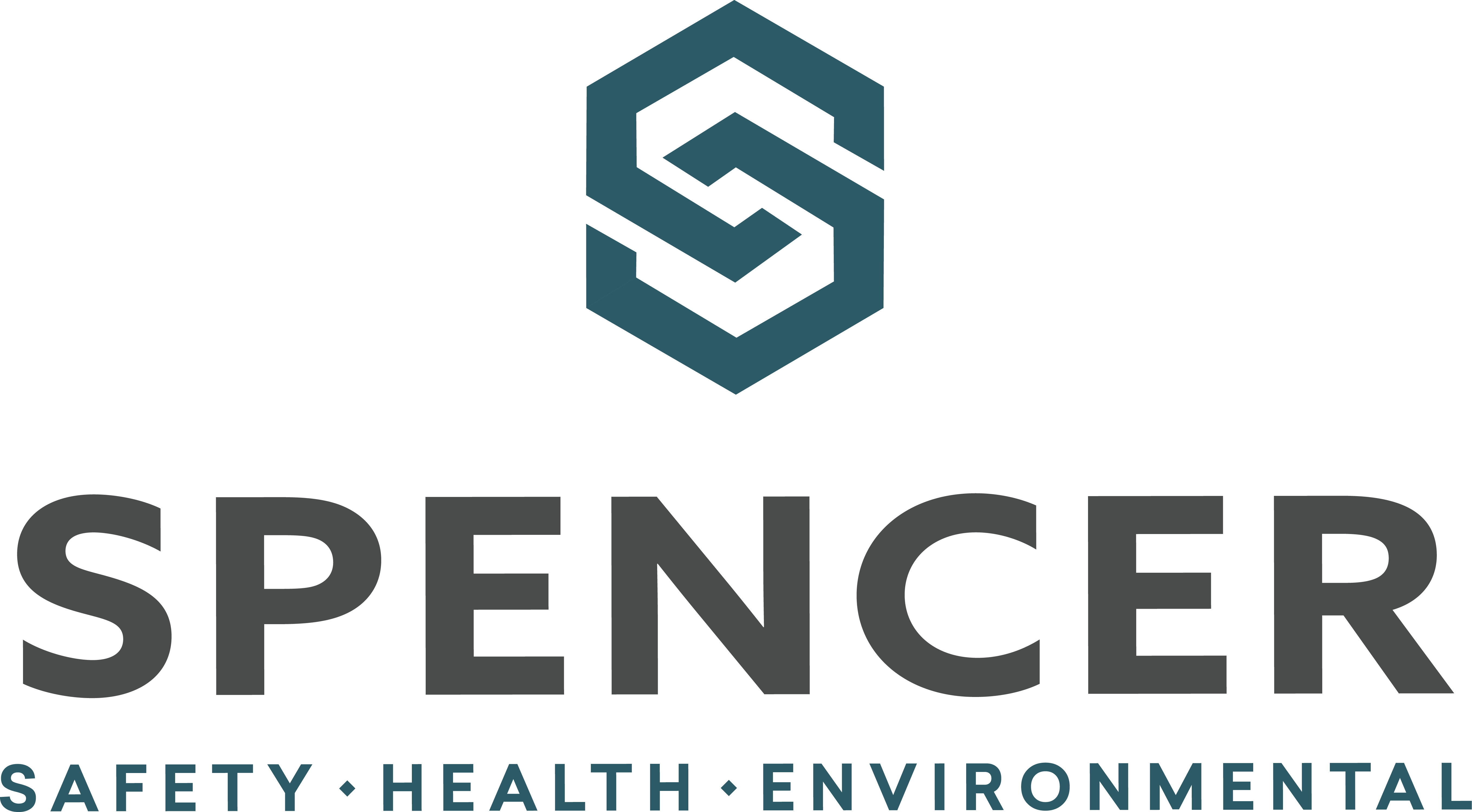On 10-25-2021 the U.S. Equal Employment Opportunity Commission (EEOC) posted updated and expanded technical assistance related to the COVID-19 pandemic, addressing questions about religious objections to employer COVID-19 vaccine requirements and how they interact with federal equal employment opportunity (EEO) laws.
The expanded technical assistance provides new information about how Title VII of the Civil Rights Act of 1964 applies when an applicant or employee requests an exception from an employer’s COVID-19 vaccination requirement that conflicts with their sincerely held religious beliefs, practices, or observances. Title VII prohibits employment discrimination based on race, color, religion, sex, and national origin.
SHRM, the Society of Human Resource Management cites employers that require workers to show proof of vaccination against the coronavirus should have robust policies and procedures in place to handle medical and religious objections. They should also know how to identify when an accommodation would cause an undue hardship on the business.
Under federal and state anti-discrimination laws, employers must explore reasonable accommodations for workers who object to receiving a COVID-19 vaccination based on medical conditions or sincerely held religious beliefs.
Employers may offer alternative accommodations or reject a job modification that would cause an undue hardship for the business. However, they should note that the “undue hardship” evaluation under the Americans with Disabilities Act (ADA), which covers disability accommodations, is different from the one under Title VII of the Civil Rights Act of 1964, which covers religious accommodations.
Many employers are used to evaluating requests under the undue hardship standard for disability accommodations, which is much more stringent than the “de minimis” standard for religious accommodation requests, explained Joseph Kroeger, an attorney with Snell & Wilmer in Phoenix.
Disability Accommodations
The Equal Employment Opportunity Commission (EEOC) has periodically updated its guidance in response to workplace vaccination questions. Significantly, the agency said that the federal anti-discrimination laws it enforces don’t prohibit employers from requiring all employees who physically enter the workplace to be vaccinated for COVID-19. However, employers must consider reasonable accommodations when employees refuse to get vaccinated for medical and disability-related reasons, including pregnancy-related disabilities.
If an employer rejects an accommodation request under the ADA based on undue hardship, the decision must be based on “an individualized assessment of current circumstances that show that a specific reasonable accommodation would cause significant difficulty or expense,” according to the EEOC.
Employers should consider the following factors:
- The nature and cost of the accommodation needed.
- The facility’s overall financial resources and number of employees, as well as the effect on the facility’s expenses and resources.
- The employer’s overall financial resources, size, employee headcount, and type and location of facilities (if the facility that is evaluating the request is part of a larger entity).
- The employer’s type of operations, including the structure and functions of the workforce, as well as the geographic separateness and the administrative or fiscal relationship of the facility involved in making the accommodation to the employer.
- The impact of the accommodation on the facility’s operations.
If an employee cannot get vaccinated against the coronavirus for disability-related reasons, the employer should engage in an “interactive process” (a back-and-forth dialogue with the employee) to determine if a reasonable accommodation can be made.
Religious Accommodations (see sample form in sources)
Title VII of the Civil Rights Act requires covered employers to accommodate employees who decline to get vaccinated based on a sincerely held religious belief, practice or observance unless an accommodation would cause undue hardship for the business.
Notably, the ADA’s stringent undue hardship standard—which considers whether the modification would cause “significant difficulty or expense”—doesn’t apply to religious accommodation requests under Title VII.
Courts have found that anything more than a “de minimis”—or trivial—cost can cause undue hardship in religious accommodation cases, and the EEOC noted in its guidance that costs include the risk of spreading the coronavirus and other safety hazards.
Employers should consider objective information, the EEOC said, such as whether the employee works outdoors or indoors; works alone or in a group; or has close contact with co-workers, customers, or other business partners.
Consistent Practices
Some employers have already implemented vaccination requirements for their workplaces under company policies or in accordance with federal and state mandates. Additionally, many businesses with at least 100 employees may be deciding whether to require vaccination or allow for masking and weekly COVID-19 testing under an emergency temporary standard (ETS) that the Occupational Safety and Health Administration (OSHA) published on Nov. 5.
Spencer-SHE has been providing Safety, Health, and Environmental Compliance Guidance since 1980, offering clients cost-effective, turn-key solutions. Contact us here or via the website now for useful COVID Management practices in the workplace.
Sources:
EEOC Issues Updated COVID-19 Technical Assistance | U.S. Equal Employment Opportunity Commission

